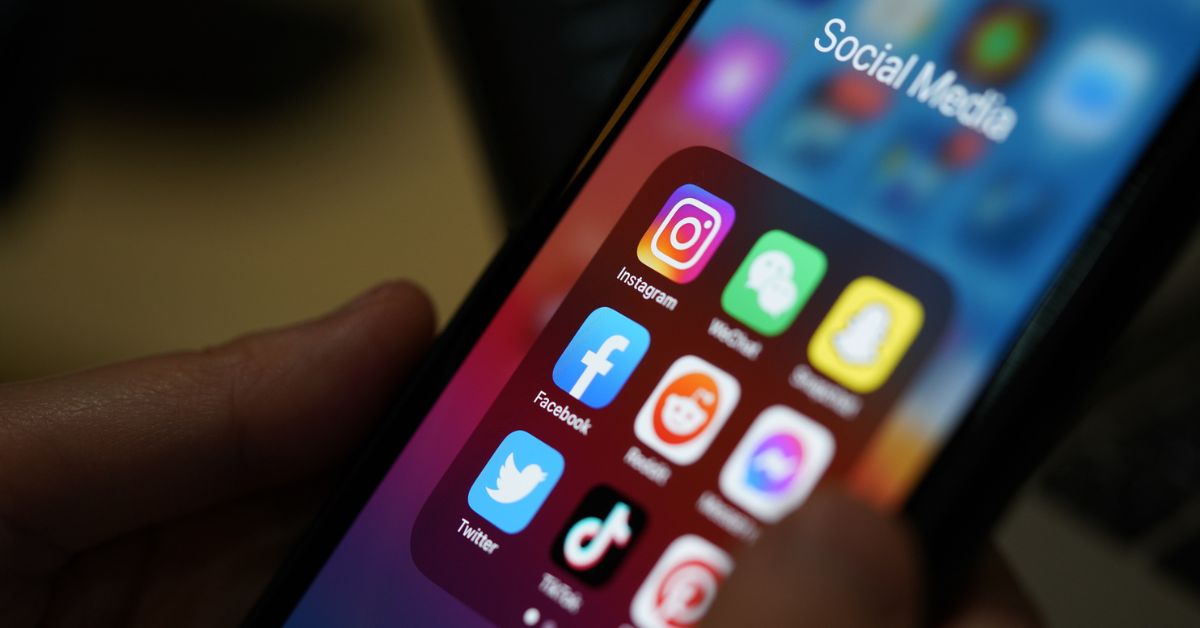Social media's rise has revolutionized how we communicate and share information. While it brings numerous benefits, it has also introduced new challenges, especially concerning criminal cases. In this blog, we will explore the impact of social media on criminal cases and discuss how a knowledgeable attorney can navigate these digital complexities to provide effective legal representation.
The Influence of Social Media:
- Evidence Collection: Social media platforms offer a wealth of information that can be used as evidence in criminal cases. Posts, photos, videos, and messages can paint a picture of a person's activities, relationships, and state of mind. Attorneys skilled in digital forensics can gather, analyze, and present this evidence to support their client's defense or to establish the prosecution's case.
- Witness Identification: Social media can also aid in identifying witnesses or uncovering potential witnesses relevant to a case. Online platforms allow for connections between individuals, and attorneys can use these networks to track down individuals who may possess valuable information about the incident.
- Juror Influence: The pervasive nature of social media can significantly impact the jury pool. Jurors might inadvertently come across information related to the case on their social media feeds, potentially leading to biased opinions. Attorneys must monitor these online activities and challenge any potential juror bias during the selection process.
Navigating Social Media Challenges:
- Privacy Concerns: While social media can be a treasure trove of evidence, privacy concerns arise when accessing information online. Attorneys must understand the legal boundaries for obtaining social media content, ensuring they comply with the applicable laws and regulations. A knowledgeable attorney can navigate these complexities and acquire admissible evidence ethically.
- Authentication of Evidence: One of the challenges with social media evidence is establishing its authenticity. An attorney must verify the source and integrity of the evidence to prevent its dismissal during legal proceedings. A skilled attorney will employ techniques such as metadata analysis, witness testimony, or expert testimony to establish the reliability and credibility of social media evidence.
- Social Media Investigations: Attorneys equipped with digital investigative skills can conduct thorough searches to uncover relevant case information. By exploring the online activities of involved parties, witnesses, or law enforcement personnel, attorneys can find potential biases, conflicts of interest, or contradictory statements that could impact the case's outcome.
How an Attorney Can Help:
- Legal Knowledge and Experience: A knowledgeable attorney understands the complexities of social media in the context of criminal cases. They stay updated on evolving laws and regulations surrounding digital evidence and know how to use social media effectively to support their client's defense or challenge the prosecution's case.
- Evidence Analysis: Attorneys proficient in digital forensics can efficiently gather, analyze, and present social media evidence in court. They can identify relevant content, contextualize it within the case, and present it persuasively to support their client's position.
- Protecting Client Rights: A skilled attorney will ensure their client's rights are protected throughout the legal process, including issues related to privacy, unlawful search and seizure, and potential violations of constitutional rights. They will diligently examine every piece of evidence, including social media content, to identify any infringements upon their client's rights.
Rely on The Law Offices of Howard J. Weintraub, P.C. for Your Criminal Defense
Social media has become significant in evidence gathering, witness identification, and potential juror influence. A knowledgeable attorney from The Law Offices of Howard J. Weintraub, P.C. would understand the intricacies of social media and can effectively navigate these challenges.
By staying up-to-date with digital forensic techniques, privacy laws, and evidentiary rules, we can leverage social media to build a robust defense or challenge the prosecution's case. In an era where information is readily accessible online, having a skilled attorney by your side is essential to protect your rights and secure a fair legal outcome. Call us at (404) 907-1536 to learn how we can assist you with your criminal defense.


